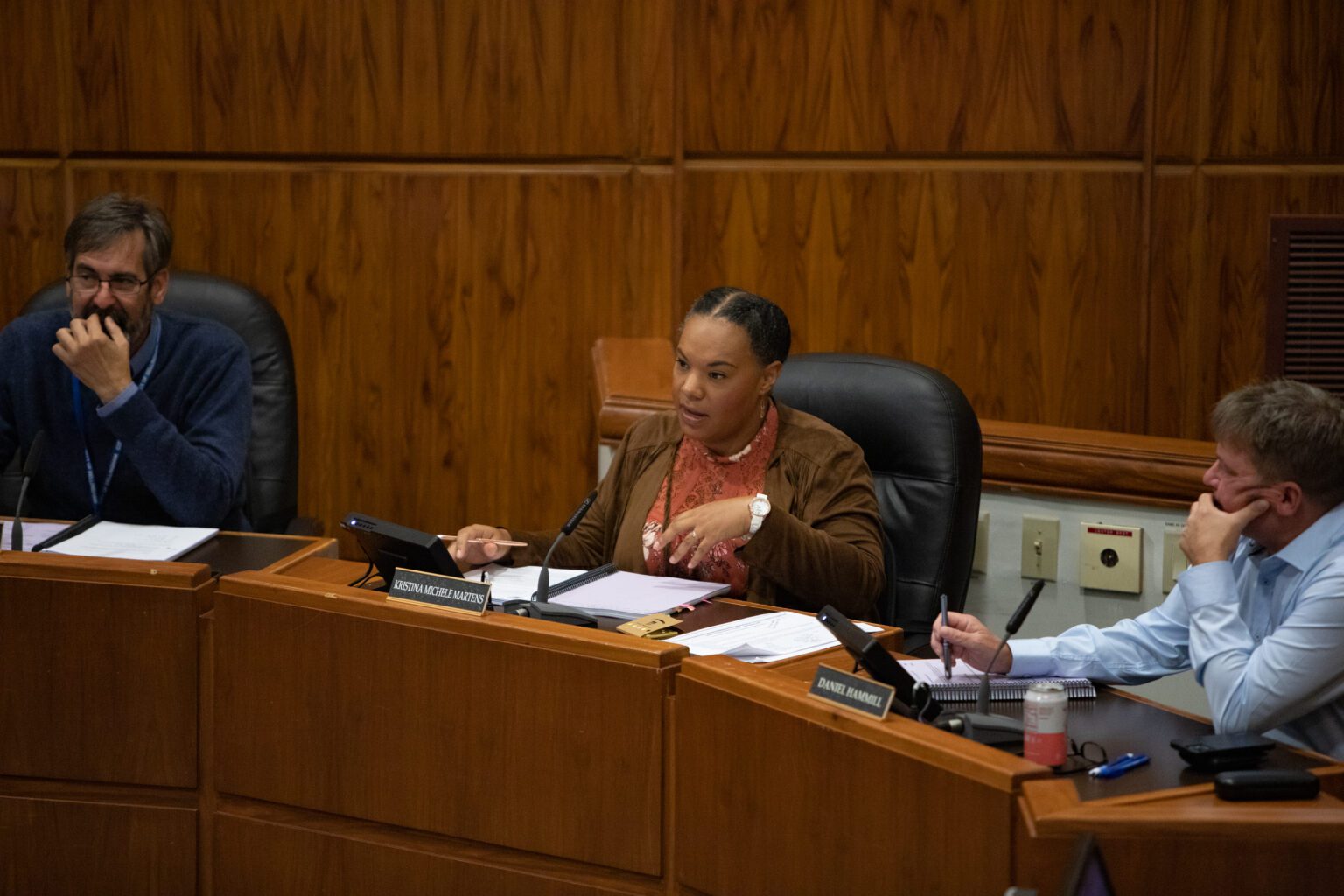Bellingham leaders are drafting stiffer penalties for landlords whose properties fail safety inspections, but they could come with a significant hit to the city’s budget.
The city council on Monday, Dec. 4 voted to pursue a range of proposals that expand Bellingham’s existing tenant protections and align with state laws meant to ensure that rental properties are habitable.
City officials estimate the changes would require eight additional inspectors at a cost of $1.2 million in annual salaries and benefits. Currently, the city only has the equivalent of one full-time rental inspector.
The proposals follow a more aggressive draft ordinance council member Kristina Michele Martens proposed in October.
Martens’ ordinance, written with renters’ advocacy group Tenants Revolt, included a $10,000 criminal penalty for landlords who collected rent from tenants who were living in substandard conditions, and required landlords who failed a city inspection to pay to relocate their renters.
As city attorneys pointed out, one thing Martens’ proposal didn’t include was due process for landlords — an opportunity to appeal any rulings against them.
The city’s legal team indicated at Monday’s meeting that elements of Martens’ ordinance would expose the city to lawsuits, but deferred any discussion of these concerns to a meeting on Dec. 11 that will be closed to the public under a state meetings law exemption that allows private discussions of potential litigation.
“We wanted this to be a positive step for improving the rights of tenants,” city attorney Alan Marriner told the council on Monday. “But we don’t want to do anything illegal.”
Future city tenant protections, as discussed Monday, could require landlords who hire private inspectors to provide a full report of inspection results, to give the city a better idea of how often third-party inspectors find violations before finally issuing a certificate of compliance.
“The failure rates on private inspections are tiny” as far as city officials can tell from the certificates they see now, council member Dan Hammill said. “It seems like everybody passes.”
Meanwhile, 26% of units checked by city employees fail their first inspection, Planning Director Blake Lyon said.
Another piece of the proposal under consideration would broaden the city’s inspection authority after a unit fails a checkup.
Current rules allow the city to inspect any other units in a building where one unit fails. Under the new proposal, the city could look into any rental properties under the same ownership as the unit that failed inspection.
The city would need to hire more employees to complete all the additional inspections in a timely fashion, Lyon said.
Martens had concerns about merely beefing up existing tenant protections, saying they require renters to be aware of their rights and jump through bureaucratic hoops to exercise them.
“People stuck in the cycle of poverty don’t have the bandwidth,” Martens said. “And for some people in our community, English is not their first language, going against predatory property management companies.”




